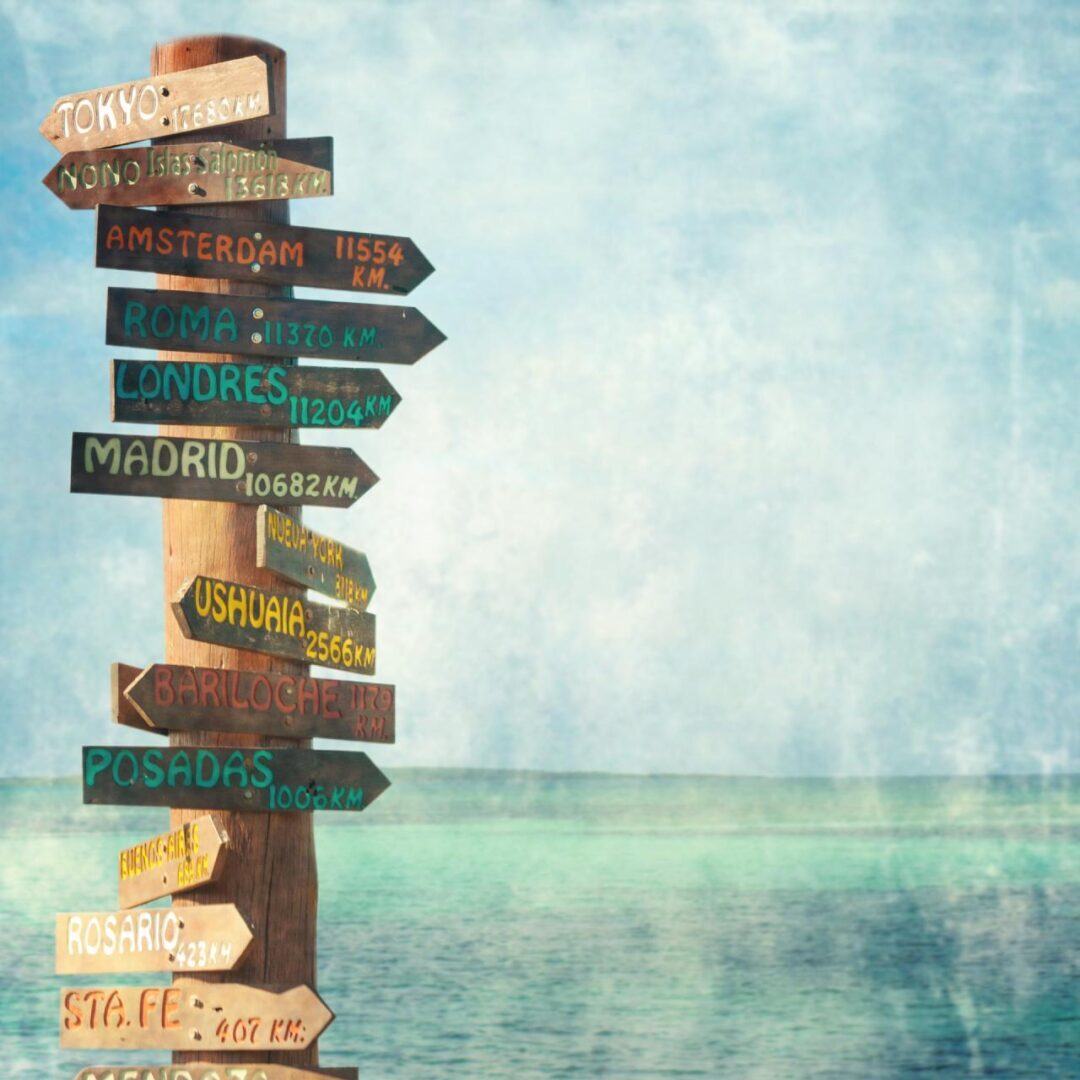A few years ago, after delivering a mini-conference on culture shock, I was approached by a Frenchwoman who had attended a workshop I had conducted a couple of years earlier. She shared her gratitude and explained how the workshop had changed her paradigm, and for the first time validated her experience. As an expat spouse for over 20 years, she never had a language for her strong mood swings due to her frequent moves and thought that there was something wrong with her. More recently, a Bosnian colleague confided in me that her husband had still not adjusted to American life even after more than 10 years in the U.S. as a trailing spouse, factors that negatively impacted both his mental state and their marriage.
Culture shock is an often oblique consequence of moving abroad. After the initial honeymoon stage of arriving in a foreign country has worn off, the reality of being lost in a new land where you are unable to rely on your default way of interacting, where you may not speak the language or know how to do basic daily tasks, can be overwhelming at the least. It can also contribute to other more serious effect such as loneliness and withdrawal from social activities, anxiety and depression, among others. Surprisingly, many people are unable to connect some of the psychological symptoms they are experiencing with their move, particularly if they were excited about the change and enjoy living in their host country.
Although I am acutely familiar with culture shock, both from firsthand experience having survived it many times when I’ve lived overseas and through my professional work, living in Ecuador has given me an opportunity to observe it from both an emotional and intellectual perspective. For example, shopping in a supermarket a couple of weeks ago I was so overwhelmed by my inability to find a particular ingredient for a recipe that I became emotional. Another time, I felt helpless when I was unaware of an activity at my daughter’s school that everyone had just taken from granted that we would know what to do. I can only imagine how much more difficult these experiences could have been if I did not speak fluent Spanish and was incapable of asking others for advice or support.
As my family navigates the different emotional stages of culture shock, I often put on my professional hat to provide the same advice I have given to countless clients over the years. Below are some practical tips to help you address the ups and downs of cultural adjustment to optimize your stay abroad.
- Establish a routine as quickly as possible. The first few weeks are particularly busy as you get settled in your new home, job, school, etc. however when all the logistics are taken care of, it’s important to have sufficient structure to fill your days. This is particularly important for expat “trailing” spouses who may have left a job or other activities and need to fill the void. It’s also a wonderful opportunity to re-invent yourself and try something you’ve always wanted to do but didn’t have the time. In my case, I have established a daily exercise routine and am taking painting classes.
- Learn about the local culture. While receiving cross-cultural training is one of the best preparations when moving abroad, there are many supplemental ways to gain deeper insights. Read about your host country’s history, political environment, and religious practices to increase awareness of inherent cultural values, beliefs and behaviors of its people. Identify a colleague or neighbor to be a cultural mentor who can provide advice and tips can also mitigate daily challenges.
- Get involved. While it’s often challenging to meet host culture nationals in the beginning, one way to break away from the expat bubble is to engage in local community activities with like-minded people. Giving back can also do wonders for improving morale during the challenging adjustment period. Volunteering at your child’s school or for a local non-profit can also provide much needed support to people in need, particularly if you are able to apply your professional expertise as I am currently doing for an organization that needs training for women who are victims of domestic abuse.
- Find ways to stay in touch with loved ones at home. Living abroad can be very socially isolating initially. While it’s important to establish a local community, sharing your daily life with friends and family back home can provide much needed emotional support. It can also alleviate the impact of reverse culture shock when you return home if you stay connected during your time away. Writing a blog is a great way to give loved ones a taste of your experience as well as provide you with cherished memories for years to come.
- Do regular family check-ins. Since family members may be going through the waves of culture shock at different paces, it’s important to stay connected and provide each other emotional support. Establish a weekly check-in with each family member and encourage them to share their challenges and emotional state.
Be patient. Remember that cultural adjustment takes time and the more pressure you put on yourself, the more you will struggle. While living abroad presents challenges, it is also one of the richest experiences that allows you to broaden your global perspective, learn creative problem-solving skills, and have valuable family time. Just be mindful that you will never be the same person when you return home.



Everything is very open with a really clear explanation of the issues. It was definitely informative. Your site is very helpful. Thanks for sharing. Renae Raimund Frederica